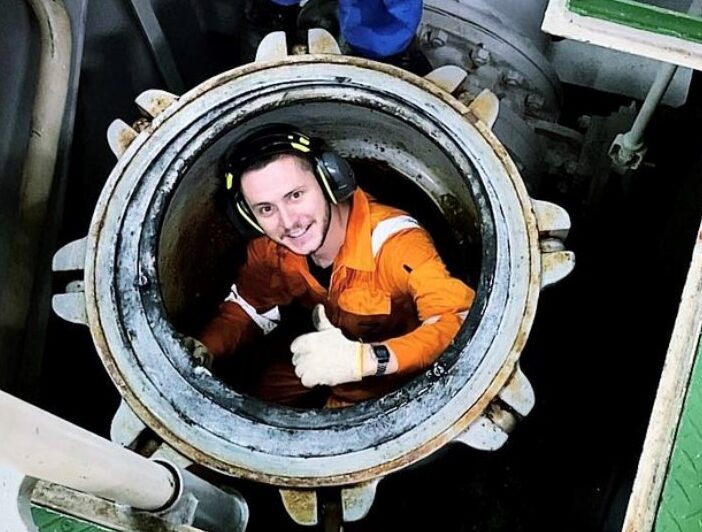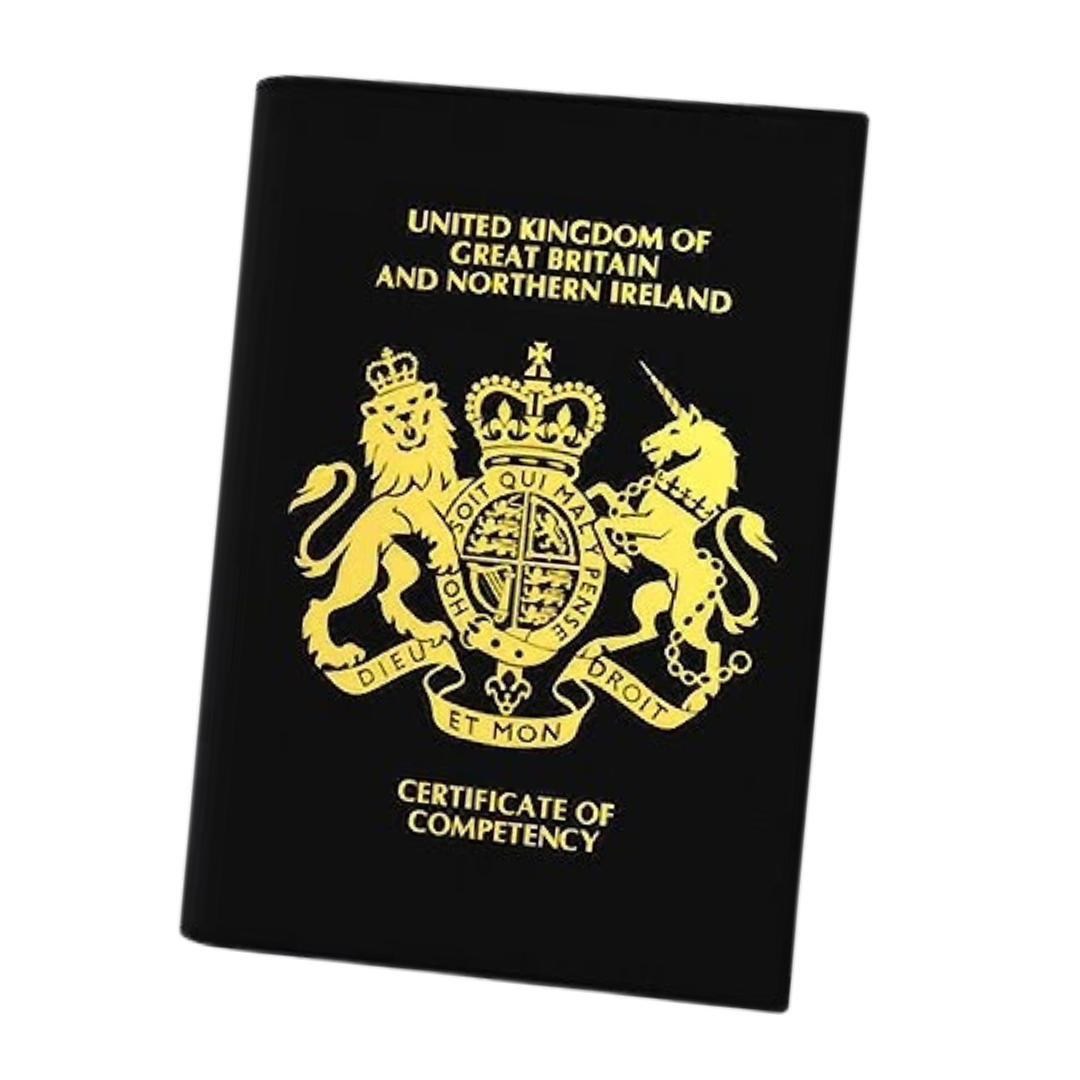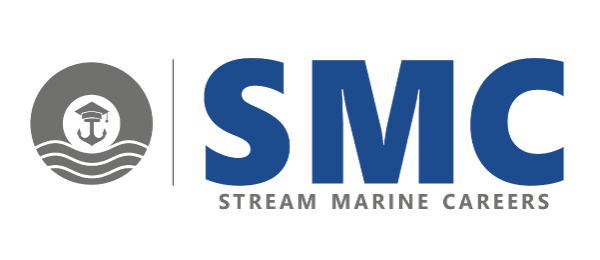Engine Officer
What is an Engineering Officer
As an Engineering Officer, you’ll operate and maintain all mechanical and electrical equipment on the vessel, including main engines, generators, refrigeration, sewage systems, and fresh water generation. You’ll handle both planned and reactive maintenance, ensuring everything runs smoothly.
Engineering Officers need strong problem-solving skills, practical minds, and resourcefulness. You’ll diagnose and repair issues quickly to keep the ship moving. Teamwork and the ability to work independently are essential.
Join Stream Marine Careers and power your future as an Engineering Officer, combining technical expertise with hands-on problem-solving in the maritime industry.

Aim of the Engine Cadetship
The aim of the Engineer Officer Cadetship is to gain a recognised academic qualification though the nautical college you attend, as well as achieving your first Certificate of Competency (CoC).
Upon successful completion of your training course you will be issued with your Officer of the Watch Certificate (OOW), this allows you to gain employment as a Junior Officer and start to climb your way through the ranks with the ultimate aim of becoming Chief Engineer, leading and supervising the engine department on board a vessel.

Entry Requirement's
The minimum entry requirements to become a Engine Officer Cadet are:
- Hold a valid UK/EEA Passport.
- Have been normally resident within the UK for the last 36 months.
- Be able to pass an ENG 1 Medical – must be unrestricted.
Academic requirements vary depending on the course you are interested in, we will discuss the best option for you at interview once your qualifications have been reviewed. Below are the minimum for each course:
- HNC & Advanced Certificate – 4 qualification’s including Math’s, English and a Science:
- National 5’s – C and above
- GCSE’s – 5 and above
- Successfully completed an Maritime Pre-Cadetship
- HND & Advanced Diploma – 4 qualification’s including Math’s, English and a Science:
- National 5’s – B and above
- GCSE’s – 7 and above
- Successfully completed a Maritime Pre-Cadetship
- Foundation Degree & Scottish Professional Diploma:
- Entry requirement’s for the HND & Advanced Diploma
- 48 UCAS points from Higher’s or A-Levels including Math’s &/or a Science
- BSc Hons & BSc Eng:
- Entry requirement’s for the HND & Advanced Diploma
- 104 UCAS points from Higher’s or A-Levels including Math’s &/or a Science
*Equivalent qualifications may be accepted and can be reviewed on a case by case basis, please put as much information as possible on your application form.
Thinking of a Degree Cadetship?
Many of the UK nautical colleges now offer a BSc Hons route. to be eligible you must meet the above criteria plus hold 104 UCAS points from Higher's or A-Levels including one numerical subject.
NAUTICAL COLLEGESWhy Stream Marine Careers?


Deck Officer Cadetship
Set sail on your path to being a Captain today.

Electro-Technical Cadetship
Engineer your path to becoming a Chief ETO today.
